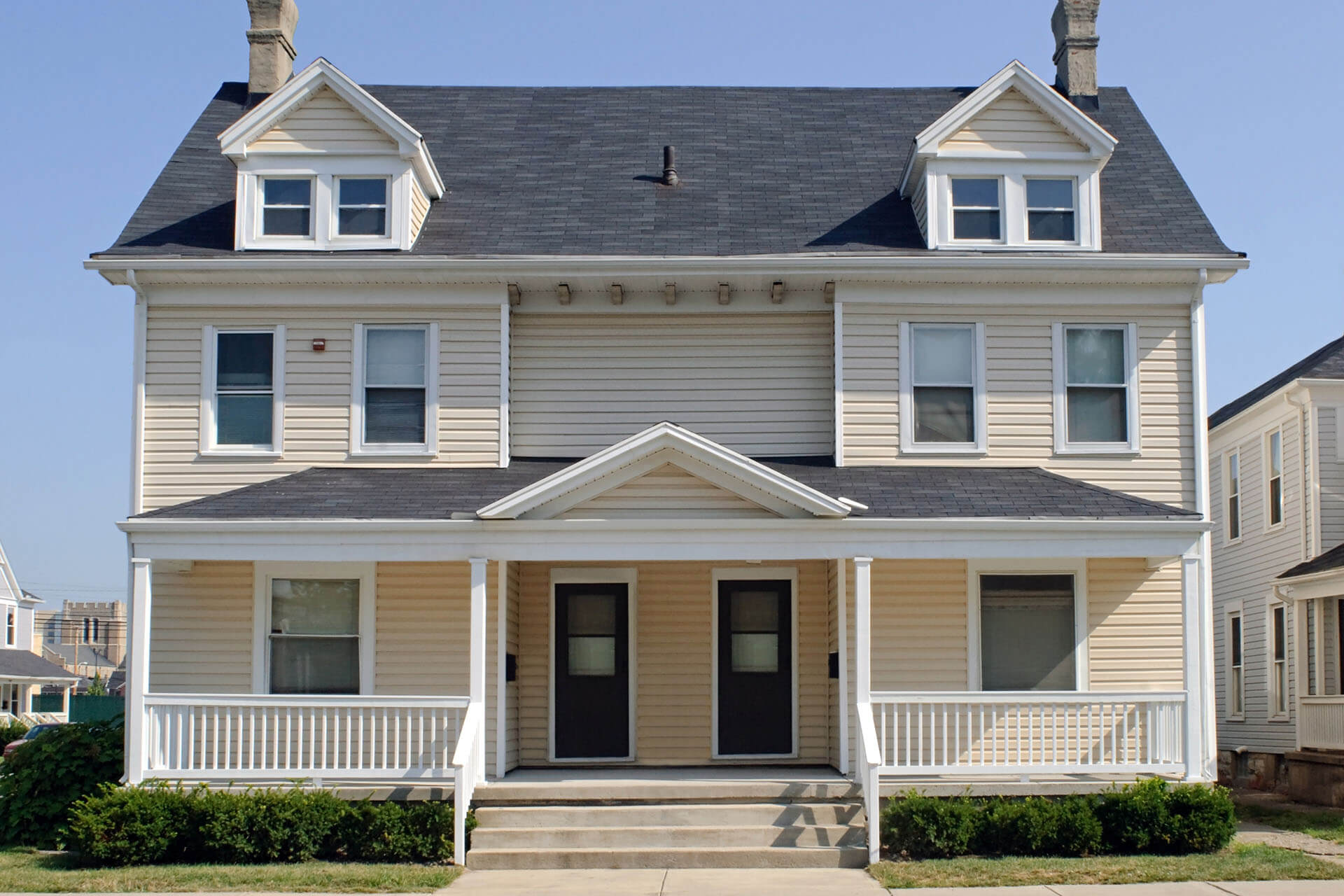
Duplexes are residential buildings consisting of two separate units, each with its own entrance and living space, sharing a common wall. These structures are designed to accommodate two households, making them a popular choice for homeowners looking for both independent living and shared property ownership. Duplexes are commonly found in urban and suburban areas and offer a unique blend of privacy and community living.
Duplexes are characterized by their symmetrical design, with each unit mirroring the other. Each unit typically includes its own bedrooms, bathrooms, kitchen, and living areas, providing a sense of autonomy and individuality. The shared wall between the units helps to maximize space utilization and may contribute to sound insulation between the two living spaces.
One of the key advantages of duplexes is that each unit can be individually owned, providing homeowners with distinct ownership and independence. This means that residents have more control over their living space, including the ability to customize and modify their unit to suit their personal preferences and needs. The shared ownership of the property allows for shared maintenance responsibilities and potential cost-sharing for repairs and upgrades.
Duplexes can be found in both existing and new construction. Existing duplexes may be part of established neighborhoods, offering a sense of community and convenient access to amenities and services. New construction duplexes provide the opportunity for homeowners to personalize their living space and enjoy modern features and design.
Duplexes offer several benefits that make them an attractive housing option for many individuals and families. One significant advantage is the potential for dual income. By occupying one unit and renting out the other, homeowners can generate rental income, providing a valuable source of financial stability. Additionally, the shared expenses associated with duplex ownership can be advantageous. Homeowners can split certain costs, such as property taxes and insurance, reducing the financial burden compared to owning a single-family home. Another advantage is the flexibility that duplexes provide. The dual units offer various living arrangements, accommodating extended families, multi-generational households, or homeowners seeking a separate space for guests or a home office.
While duplexes offer many benefits, there are also factors to consider before choosing this housing option. One consideration is the potential for noise and privacy concerns. Since duplex units share a common wall, there may be noise transmission between the units, requiring residents to find ways to mitigate sound disturbance. Privacy levels can vary depending on the design and layout of the duplex. Another factor to keep in mind is the presence of Homeowners Association (HOA) regulations. Some duplexes may be subject to HOA rules and regulations, which can impose restrictions on modifications or require additional fees for maintenance and shared amenities. Lastly, it’s essential to consider the resale potential of a duplex. Duplexes may have a narrower market compared to single-family homes, so understanding the local real estate market and the demand for duplexes is crucial when considering future resale value.